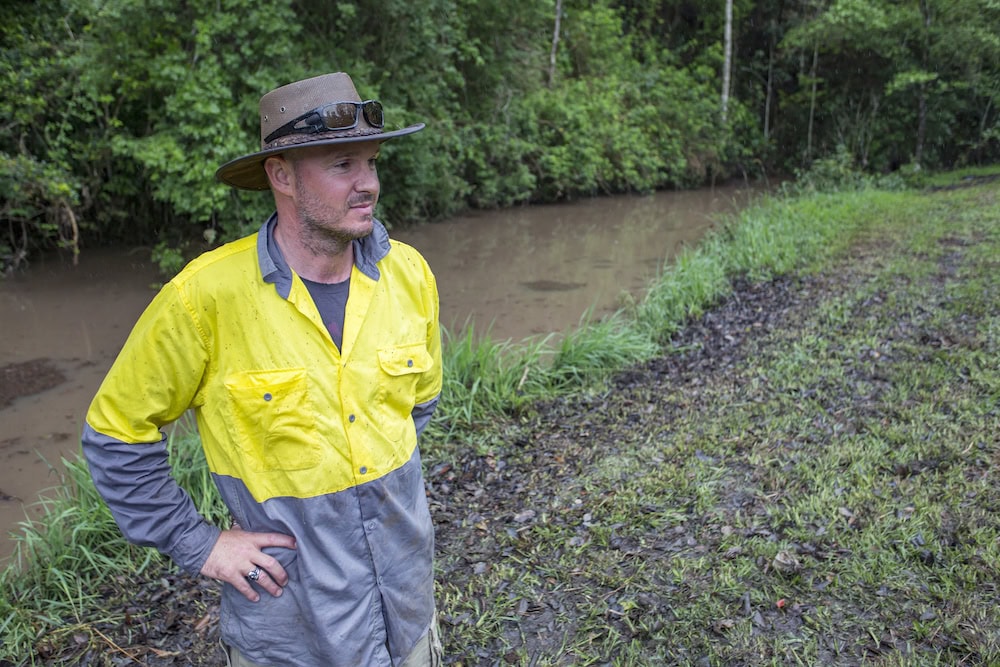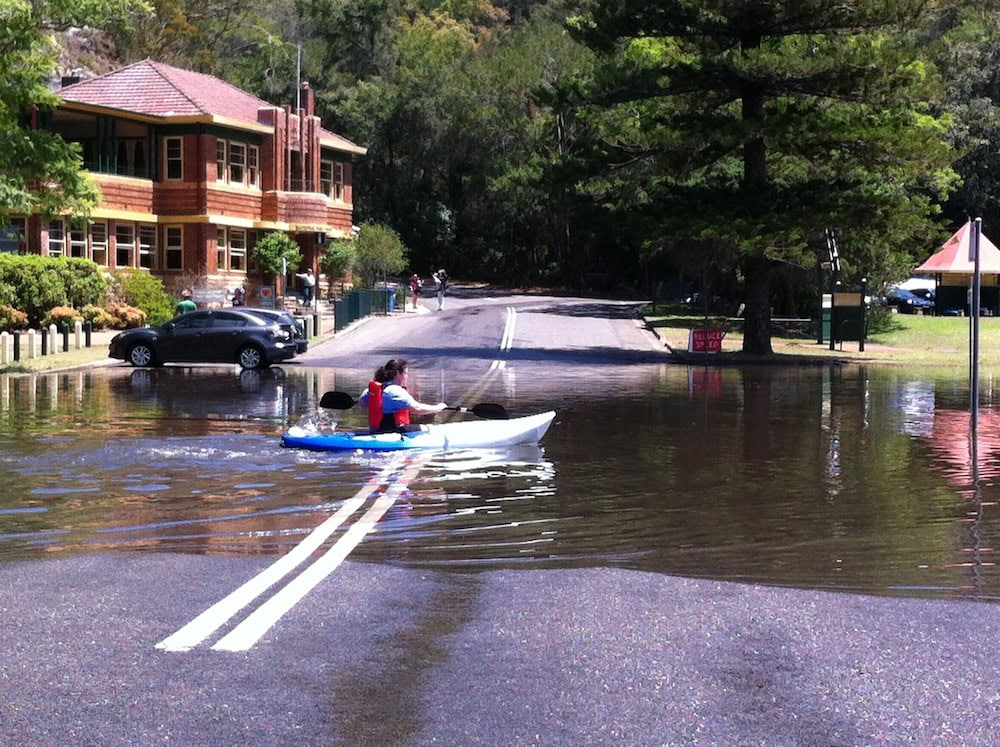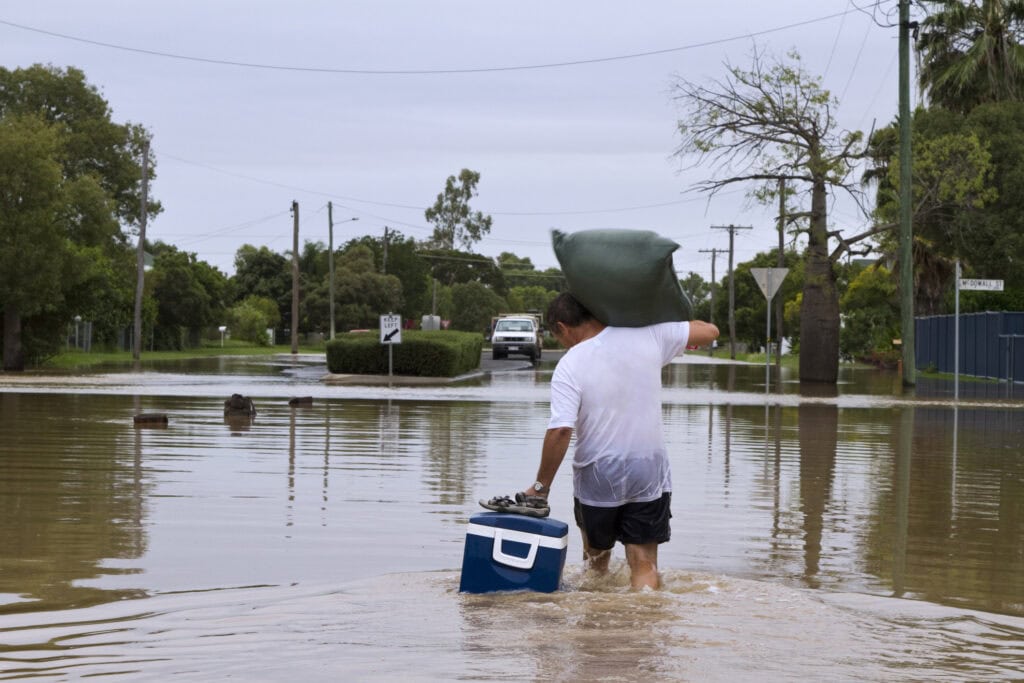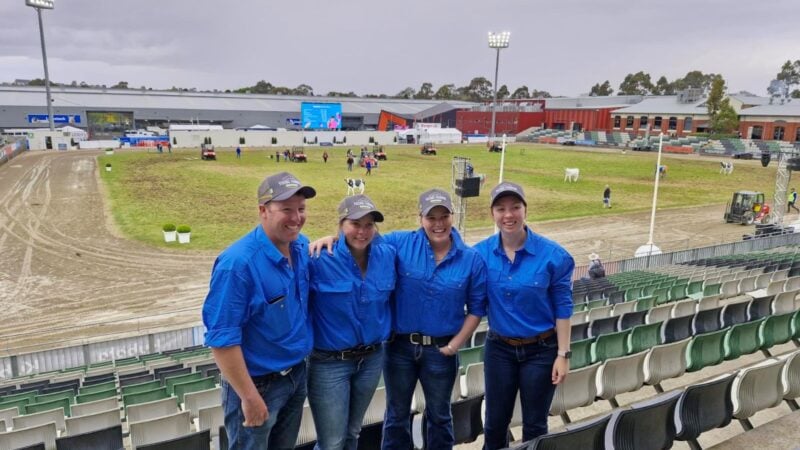Mike and Velia O�Hare, the 2017 FOTY winners, operate a 2200-hectare mixed farm in Beckom,…
Obligations of employers during extreme weather

Areas spanning from the central and mid-north coast, and from the Hunter Valley to Coffs Harbour have been declared natural disaster zones.
With forecasts from the Bureau of Meteorology indicating that the extreme wet weather conditions are expected to move inland into central and north western part of NSW, impact is likely to be felt in most parts of NSW. And so it is wise to read up on the obligations of employers during these challenging times.

Stoppages or interruptions of operational business activities in farming businesses in these affected areas are occurring in varying degrees.
In this article, the NSW Farmers Workplace Relations team outlines relevant considerations for employers in managing their workers in these uncertain times.
What if your business operation has to be temporarily closed due to flooding?
An employer may stand down an employee with no pay � under section 524 of the Fair Work Act � during a period in which the employee cannot usefully be employed because of circumstances the employer cannot reasonably be held responsible for.
This includes natural disasters (such as floods) and extreme inclement weather where it is deemed to be unsafe for work to continue.
Alternative work arrangements, such as working from home or working at a different location, should be considered by employers to keep their employees �usefully employed� before unpaid stand down is implemented. It is acknowledged that alternative work arrangements may not work for most farming roles.
Employees with accrued paid annual leave or accrued time off in lieu should be invited to access their entitlements so that they can continue to be paid during the closedown period.
When standing down employees, it is best practice to tell them in writing (where possible), and discuss the option of using their leave entitlements during the period as an alternative to being stood down without pay. The employee should be updated about when the stand down will likely end.
Casual and part time employees� entitlements when sent home after attending work due to stoppages of work caused by severe wet weather
Part time and casual employees are entitled to payment based on the hours performed during that day, however should the work performed was less than the applicable minimum engagement period, they should be paid based on the minimum engagement period. Please refer to the relevant award for the applicable minimum engagement period.
What is the applicable arrangement when an employee is unable to attend work due to inability to attend the work site (i.e. being cut off due to floods)?
When work continues to be available and the worksite is unaffected, employers are not obliged to continue making wage payments to the employee when the employee is absent from work even when the reason for the employee�s absence is not within their control.
During this period, an employee is able to take their accrued paid entitlements (i.e. annual leave or time off in lieu).

Employees needing to take time off because they are personally affected by flooding
Natural disasters, including floods, often result in employees requiring some time off because they are personally affected or to take care of family members who have been affected.
Paid personal/carers’ leave is available for permanent employees who need to take time off due to an illness or injury, or if they need to provide care or support to an immediate family or household member due to illness, injury, or in the event of an unexpected emergency.
Examples of situations considered as an unexpected emergency are:
- An employee who is the primary carer, needing to take time off to look after their child when school is closed due to a natural disaster
- An employee who needed to evacuate their home as directed by SES
- An employee who needed to assist their parents evacuating
Employees who have exhausted all their paid personal/carers leave can access other types of paid leave should they have sufficient amount accrued, or take unpaid approved leave.
Wet work allowances
In addition to pay for work performed, employers are reminded that award-covered employees may be entitled to additional pay when they are required to work in wet conditions.
Wet place is frequently defined in awards as a place where the clothing of the employee becomes wet or a place where the employee has to stand in water or slush so that the employee�s footwear becomes saturated.
Please refer to the applicable award to determine the specific allowance that apply and the situations in which this additional allowance is payable.

Here are the wet work allowances specified in agriculture related awards:
(Note: Wet work allowance can be absorbed into an employee�s pay rate when the employee is paid a rate that is higher than the award rate and the absorption is formalised in an Individual Flexibility Agreement.)
Pastoral Award 2020
An employee required to work in a wet place must be provided with protective clothing and footwear by the employer. If not provided with the protective clothing and footwear, the employer will reimburse the employee for the reasonable cost of providing their own protective clothing and footwear.
Horticulture Award 2020
An employee required to work in a wet place must be paid $2.04 for each hour that they are required to work in the wet place, unless provided with adequate protection.
Wine Industry Award 2020
An employee required to work in a wet place must be paid an allowance of $5.22 per day, unless provided with adequate protective clothing.

Employees� rights if they are assisting with disaster-relief activities
The National Employment Standards (NES) entitles employees who are members of a recognised emergency management body to take unpaid community service leave for certain emergency management activities such as dealing with a natural disaster.
An employee who wants to take a period of community service leave must tell their employer as soon as possible, including the expected period of the absence and, if required, provide reasonable evidence of the reason for the leave.
Members of NSW Farmers are encouraged to contact the Workplace Relations team for all employment related queries.
If you would like to read more stories about the floods, please go to The Big Issue on The Farmer Magazine.








